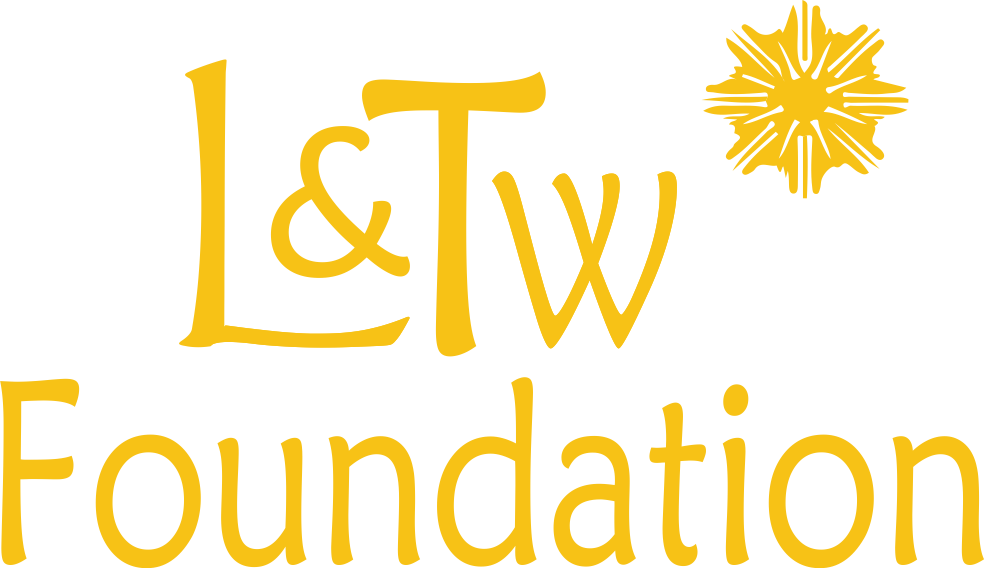
LEARNING FOR ALL
Our goal is to provide high-quality education for all children regardless their race, caste, religion or gender as a foundation for their own development.
In L&TW we believe in education as the main driving force for change and the most powerful vehicle for an inclusive and sustainable development.
Education will change the world
– Education helps fight poverty and hunger by increasing a person´s earnings by 10% per year of good-quality education.
-This additional income can help prevent their children from dropping out from school to contribute to the household.
– Education empowers girls and women: the economic and personal empowerment allows them to make safer choices for themselves and their families. Reducing poverty, avoiding sexual exploitation, reducing the impact of HIV/AIDS, delaying marriage, improving their health and their children’ s , increasing in self confidence and decision-making power.
-Education enables people to take control of their own lives and decisions. Basics in literacy and numeracy will allow them to reason against problems and be safer from being exploited and fooled into signing documents against their interests or rights.
-Education provides a foundation for peace building: It allows to channel and resolve conflicts through other means and more understanding of themselves and the others, becoming aware of their rights, the law, their duties and responsibilities towards the society which will lead to a more inclusive and harmonic society. Thus, the vision of a better future (of personal and economic choices) should stress life over death, having been estimated that every year of schooling decreases a male’ s chance to engage in violent conflicts by 20%[1].
Education must mean LEARNING
Though the last years, the Indian Government has been working to improve its educational statistics through the Right to Education Act that guarantees free and compulsory education to all children aged 6-14, efforts may have been focusing in the wrong places.
While enrollment levels for primary education have risen and are very close to universal education (with ratios for 2008-2011 of about 98.6%[1]), absenteeism and dropout ratios are disappointingly high (Only 47% of the children enrolled on Class I reach Class VIII[2] ) and, what is worst, learning levels are falling across the Indian states or, at best, remaining as they were before the enormous injection in school buildings and teachers.
According to the ASER Report on Education for 2014, more than a half of the children enrolled in Class V cannot read a Class II text, suggesting that a hundred million children may have gone through the primary school in the last decade without basic reading and math skills.
Near universal education but still without real learning
Hence, the struggle of breaking the cycle of poverty is not being address, as growth and development depends on the knowledge and skills acquired and not on the time spent inside a school. We should go beyond traditional metrics and find the way to tackle the challenge, building a future, safe and promising, for the new generations.
Our Project: Learning for All
In L&TW we are striving to guarantee free access to quality-learning to all children in our communities, paying special attention to those coming from the most underprivileged segments of the population: females, handicapped children, scheduled casts, religious minorities and poor families.
We endeavour to ensure that all children complete primary school, receive a high-quality education and acquire all the basic knowledge and skills that will enable them to a lifetime of learning. We seek likewise to encourage them and offer them support for continuing on to higher education.
What We Do
In Light and the Way, we have already set up our “Learning for all” project in three centres, one in Dehradun and the other two in Jharkhand, where we are providing tuition for about 200 students from impoverished origins and scheduled minorities from grades UKG to Class VII. Currently, our team is working hand-in-hand aiming to extend our reach to the Sheetla Colony, Gurgaon.
This project aims to:
- Raise community and governmental awareness about the importance of education for development, self-reliance and social stability.
- Ensure primary education amongst the children of our communities, paying special attention to those most unprivileged.
- Provide support lessons as reinforcement for those children that, despite attending schools, show low learning outcomes.
- Prioritize and monitor learning in all our programs.
- Ensure one meal a day, as many times the need to search for food deprives children of attending school.
[1] Save the Children. September 2009. http://www.savethechildren.org/newsroom/2009/rtf-threeyears.html
[2] Unicef. “Indian statistics”. http://www.unicef.org/infobycountry/india_statistics.html
[3] “52 % dropout rate in India´s primary and elementary schools”. http://infochangeindia.org/education/news/52-dropout-rate-in-indias-primary-and-elementary-schools.html



